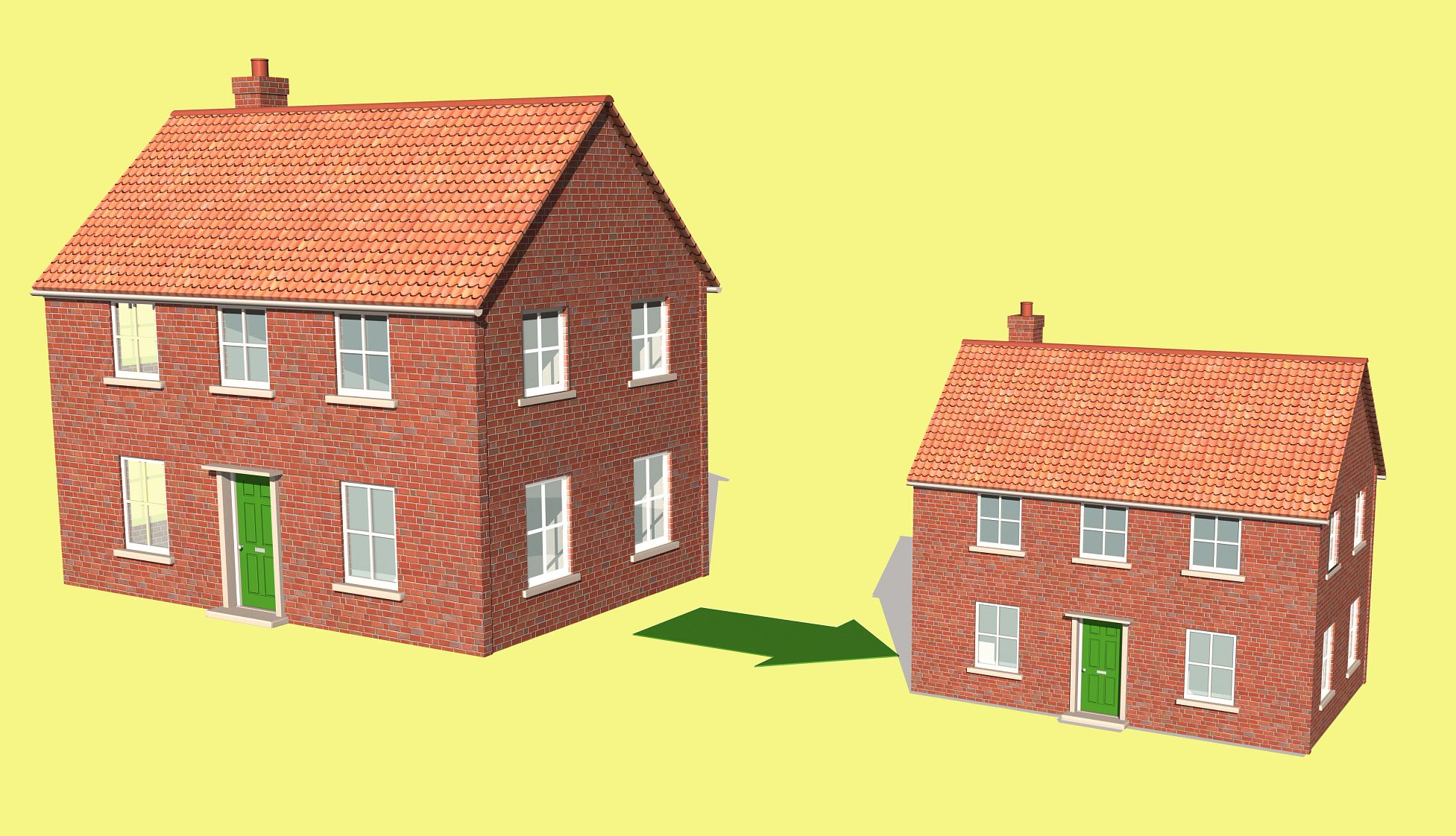AARP Hearing Center


Downsizing to a smaller home, condominium or apartment shortly before or in retirement can reduce your housing costs, free up cash and lessen the burden of home maintenance. But many older adults aren’t eager to move.
A May survey by real estate company Redfin found that 1 in 3 boomers who own their homes say they’ll never sell. Another 30 percent said they don’t plan to sell within the next decade.
The silent generation appears even more committed to staying in their homes, with 45 percent reporting they’ll never sell and 43 percent saying they won’t sell within the next five years or longer.
“One reason homeowners aren’t moving is because they don’t feel financially motivated to do so,” says Daryl Fairweather, Redfin’s chief economist. “They don’t have a mortgage payment hanging over their heads.” Indeed, more than half of boomers who own a home have paid off their mortgage.
With 30-year mortgage rates still hovering in the high 6 percent range and the median home sale price recently hitting an all-time high of $396,500, staying put might seem like the financially savvy choice. However, several signs indicate that today’s real estate market may offer a great opportunity for some older homeowners to trade in a larger home for a smaller abode.
If you’ve paid off most or all of your mortgage, downsizing now could free up cash at a time when home equity levels are at a record high, according to June’s Intercontinental Exchange Mortgage Monitor report. The average homeowner has $212,000 in tappable equity.
Downsizing in this market can also mitigate other rising costs of homeownership, such as homeowners insurance, property taxes and maintenance.
Wondering whether now is the right time to downsize? Consider these benefits and drawbacks before making a decision.
Pro: It’s not a bad time to buy
After several years of acute housing shortages and soaring home prices, homebuyers are gaining the upper hand. The supply of homes for sale is at its highest level since July 2020, and more than a quarter of listings nationwide are seeing price cuts, Zillow data shows.
Fairweather says it’s especially a buyer’s market for condominiums in popular retirement destinations such as Arizona, Florida and Texas.





































































More From AARP
There's More Than One Way to Retire Abroad
Visa options and extended stays offer multiple paths to an immersive expat experience
5 Ways Homeowners 50-Plus Can Use a HELOC
HELOCs can be a powerful tool — especially when you're older